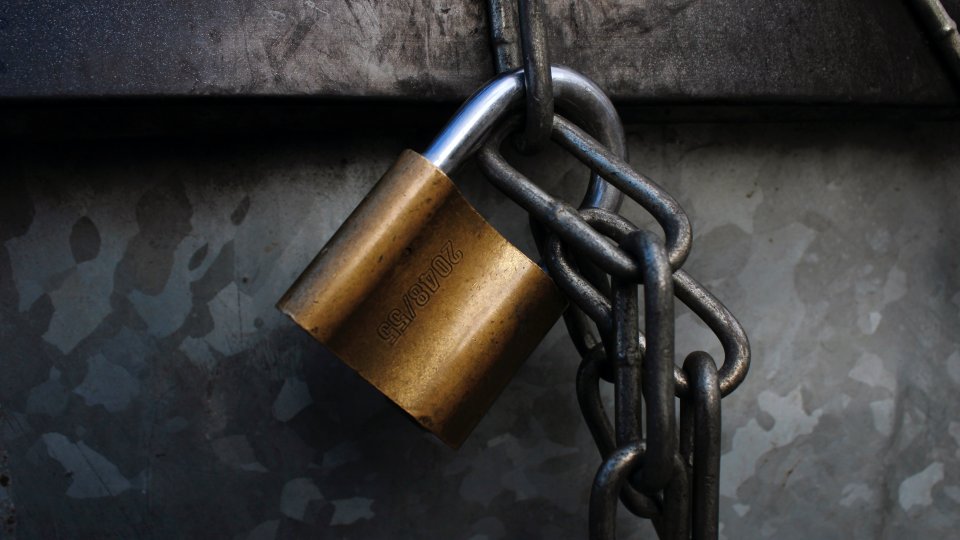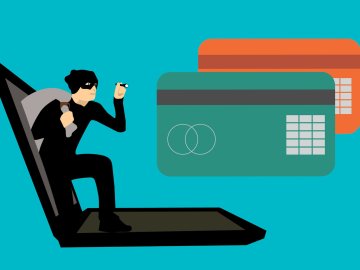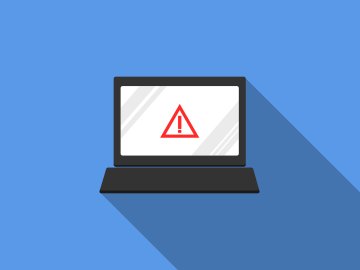Cyber security is something that adapts as time goes on, changing as technology gets more sophisticated and attackers get more savvy. The fundamentals remain the same though and sometimes, a basic understanding is sometimes all you need to keep yourself protected. For Cyber Security month, SWGfL have run down the top 5 five things to remember when it comes to keeping your information safe online.
Passwords
Passwords are like keys to your house. If your keys are misplaced or fall into the wrong hands, then someone can break in. The same principle applies; if someone has access to your password, they ultimately can break into your accounts and have free access to your personal information. Remember the following:
- Never tell anyone your password or give anyone access to your accounts
- Passwords are harder to crack the longer they are (14+ characters)
- Use different passwords for different accounts
- Use a password manager to store multiple accounts
For more information on passwords, why not have a look at SWGfL’s Password Management and Security Guide
Security Software
Devices are wonderful things, but they do need extra layers of armour in order to stay protected. Security software is there to protect your device from harmful viruses that try and attack your device every single day. Without it, your computer is quite literally ‘exposed’ and left vulnerable to harm. Remember the following:
- Ensure devices are protected with verified security software.
- Make sure you update your devices with the latest software updates and patches including web browsers and phone systems.
- Check the extent of how wide your security software is deployed; does it cover all your devices?
If you want to know more about how to protect your systems, have a look at Bitdefender’s device protection.
Keep Your Guard Up
Individuals could have the most sophisticated security software running but could still find themselves victim to attacks just through easy mistakes. A lot of cyber criminals rely on human error to get what they want which is why it’s so important to remain cautious when protecting your data. Remember the following:
- Do not open suspicious links, attachments or files from untrustworthy sources
- Don’t leave devices unattended; lock your device whenever away from your screen.
- Consistently check email addresses; never assume people are who they say they are when asking for information.
- Don’t fall for scare tactics or time pressures; carefully review information before acting any further.
For more information on human error situations, why not take a look at SWGfL’s Phishing Guide.
Backup Your Data
If attacks do happen, you need to ensure you can still access your data. If you regularly backup, then your data is stored separately as a copy. This can mean that the impact of a security incident is lessened as data can be restored if managed correctly. Please remember the following:
- Backup your data regularly.
- Store it in a separate location and not on an online network.
- Regularly test your backups once they are in place.
For more information on backing up your data why not look at this article from SWGfL about Backing Up.
Training
Knowledge is power, and if you’re equipped with the right information, you’ll be on your way to keep your cyber security running at full power for a long time. Make sure you have the tools to inform others and understand just how important security is in the online world. Please remember the following:
- Training gives individuals the guidance and confidence to prevent, respond and recover from online attacks.
- Training can provide peace of mind and add an extra layer of protection to yourself and those around you.
- New trends, insights and attacks are consistently changing. Training keeps you up-to-date and consistently aware of what’s going on.
If you want to train yourself or your staff around cyber security you can book informative training with Mimecast.






